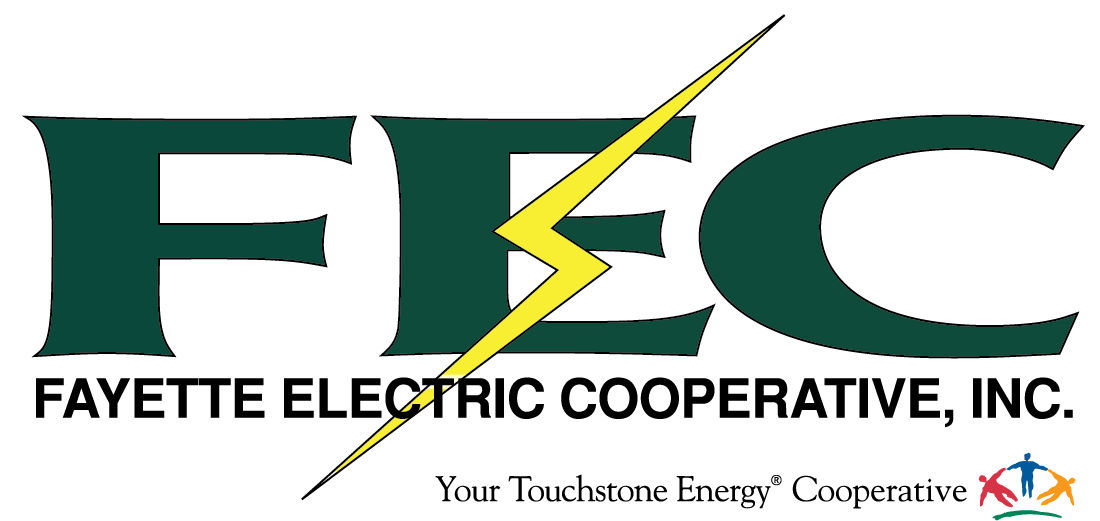Fayette Electric Cooperative is joining Utilities United Against Scams (UUAS) in supporting the Federal Trade Commission’s (FTC’s) annual National Consumer Protection Week, along with more than 100 federal, state, and local agencies; consumer groups; and national advocacy organizations.
Utility impostor scammers pretend to represent electric, natural gas, water, and sewer utilities to steal customers’ money and personal information. They approach customers through various methods, including texts, phone calls, in-person visits, and emails. Scammers often demand payment and threaten service disconnection, claiming a customer is past due on their utility bill.
“Customers should be aware that scammers are using more advanced digital tactics to target them. A more recent scam uses fraudulent websites that are identical to a utility payment page and that are promoted on search engines to trick customers into clicking the page and making a payment,” said UUAS Executive Director Monica Martinez.
Members who suspect they have been contacted by a scammer should alert Fayette Electric Cooperative and their local law enforcement.
Here are general tips to avoid being scammed:
- Protect personal information: Never provide personal information, including your date of birth, to anyone who initiates contact with you, claiming to be a utility company representative. They may ask you to confirm this information if you contact them first, but they will never initiate contact with you asking for this information.
- Take your time: If a payment request is unexpected or seems suspicious, end the conversation, and contact Fayette Electric Cooperative using the verified phone number on a recent bill or the cooperative’s website to check the true status of your account.
- Only make payments through a verified phone number or website: Remember Fayette EC will never ask you to make a payment through methods like a prepaid debit card, a gift card, cryptocurrency, or through third-party digital payment mobile applications.
For more information and tips on how to protect against utility scams, please visit ftc.gov. Their website also provides additional information about protecting personal information and other information regarding impostor scams.

